Navigating the property market in Lagos can often feel like an exercise in sticker shock, with eye-watering prices making homeownership seem like an elusive dream for many. The soaring costs of renting or buying a home in Nigeria's bustling metropolis are not merely the result of a singular issue but are instead the culmination of a complex web of factors.
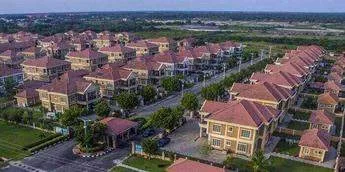
From inflation in construction materials to rapid urbanization and regulatory challenges, a myriad of forces are driving up housing costs and exacerbating the affordability crisis. In this article, we delve into the top 5 factors contributing to the high cost of housing in Lagos, shedding light on the root causes behind this seemingly insurmountable issue and offering insights into the challenges and complexities of the Lagos housing market.
Foreign Exchange Rate Fluctuations: Nigeria's economy is significantly impacted by foreign exchange rate fluctuations due to its reliance on oil exports. The volatility in the exchange rate affects the cost of imported building materials and machinery, which are essential for construction projects. When the Naira depreciates against major foreign currencies, the cost of importing these materials increases, adding to the overall cost of housing.
High Interest Rates: The high interest rates imposed by Nigerian banks on mortgage loans make homeownership less affordable for many people. With interest rates often exceeding 20%, potential homeowners are discouraged from taking out loans to finance their purchases. This reduces the pool of eligible buyers, further limiting demand and keeping prices artificially high.
Informal Economy and Lack of Mortgage Facilities: A large portion of Nigeria's economy operates in the informal sector, where many individuals do not have access to formal financial services, including mortgages. The absence of widespread mortgage facilities limits the number of people who can afford to buy homes, reducing demand and making it easier for property owners to maintain high prices.
Speculation and Investment: Real estate in Lagos has become an attractive investment option for both domestic and foreign investors due to its potential for high returns. This speculative behavior drives up property prices as investors purchase homes not for residency but for capital appreciation. The focus on real estate as an investment rather than a basic necessity further distorts the housing market and exacerbates affordability issues.
Lack of Affordable Housing Policies: The absence of effective affordable housing policies and initiatives by the government contributes to the housing crisis in Lagos. While the government has made efforts to address the issue, such as the Lagos Home Ownership Mortgage Scheme (Lagos HOMS), these programs often fall short of meeting the vast housing needs of the population. Without comprehensive and sustainable housing policies, the affordability gap continues to widen, making it increasingly difficult for low and middle-income earners to afford decent housing.
In conclusion, the exorbitant cost of housing in Lagos is a multifaceted issue driven by a combination of economic, demographic, and regulatory factors. Addressing the housing affordability crisis requires a holistic approach that involves government intervention, policy reform, and private sector participation. By tackling the root causes of high housing costs and implementing effective housing strategies, Lagos can work towards creating a more inclusive and affordable housing market for its residents.

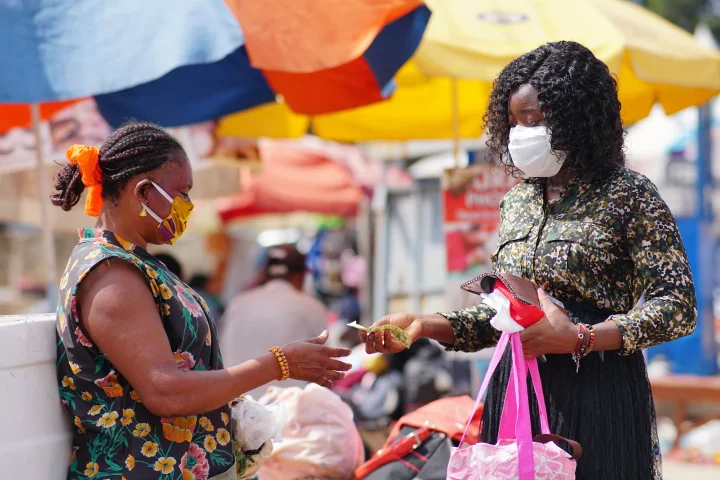
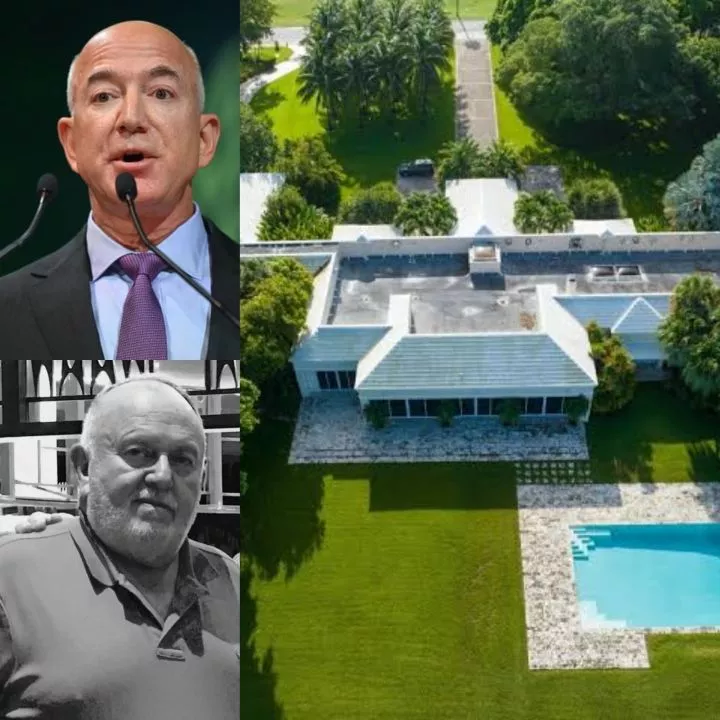
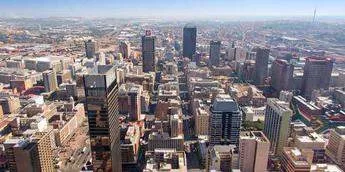
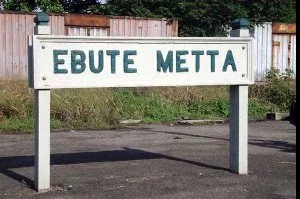
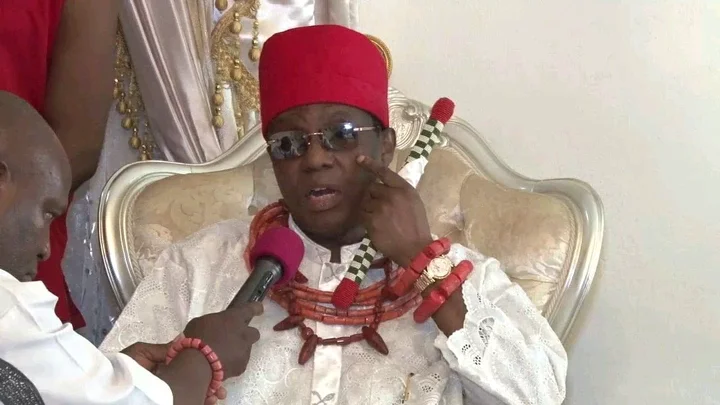
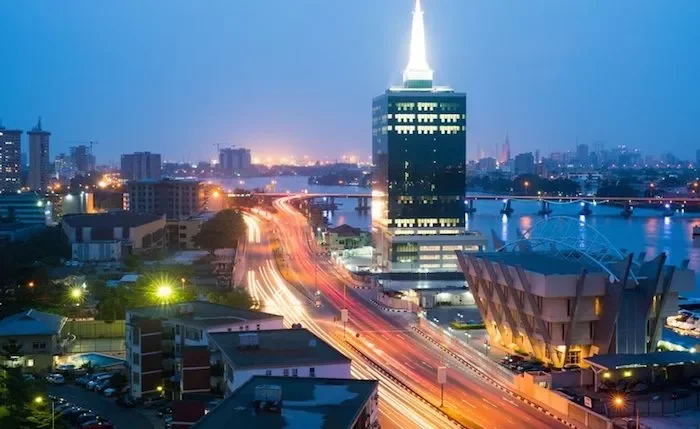




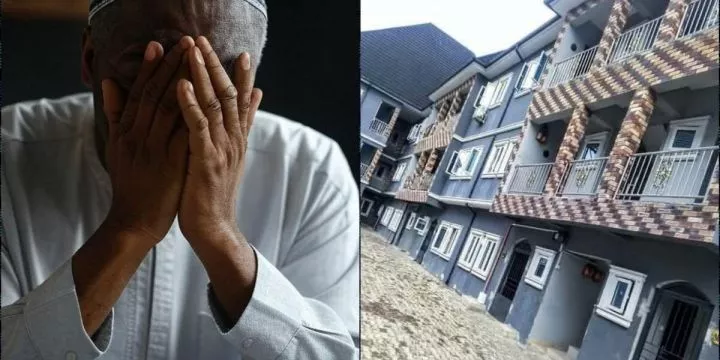


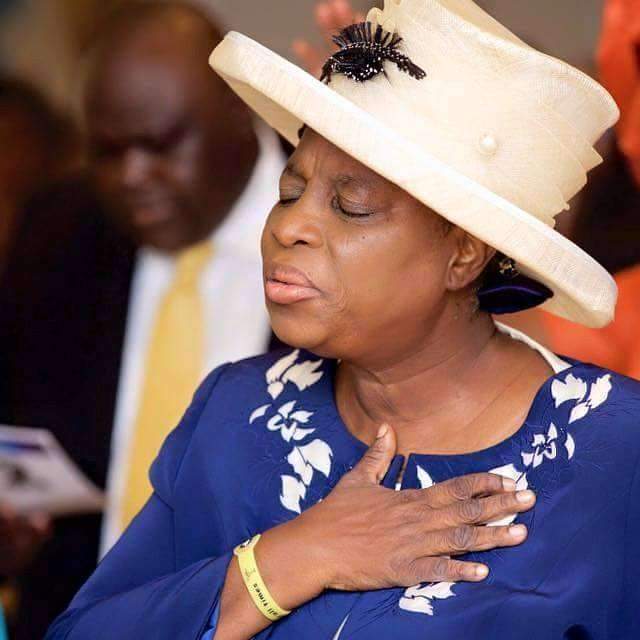

Comments